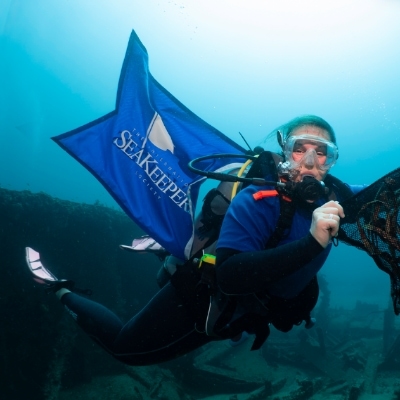Coral Adaptation in Micronesia
Project Overview:
The future of coral reefs depends on whether corals can adapt quickly enough to survive the rapid changes in our oceans. However, we still know very little about how corals adapt over time. Researchers from UT Austin, led by Dr. Mikhail Matz, are studying coral adaptation in Micronesia by comparing coral samples collected in 2009-2010 with new samples planned for 2025-2026. With support from SeaKeepers, they will return to the same locations to collect these new samples. By analyzing the DNA of the corals and their symbiotic partners, the team will look for changes that could show how corals are evolving to cope with environmental stressors. Ideally, the research team would like to be hosted for 30 days to visit the islands of Yap, Ngulu, Chuuk, Pohnpei, Kosrae, Kwajalein, and Majuro. Two trips of 7 days each (one to Yap and Ngulu and another to Pohnpei and Kosrae) can also be considered.
Program Partners
- University of Texas at Austin
Location
- Micronesia
Expected Time Frame
- 2026
Duration of Expedition
- 14-30 Days
Accommodation Needed
- 2 Researchers
Special Equipment Needed
- Licensed Captain; access to tender or smaller vessel; compressor (for scuba diving)
Expedition parameters listed above are flexible and negotiable.
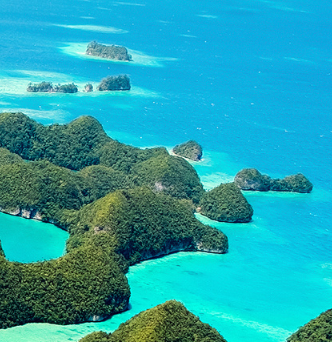
Background:
Since 2009, Eastern Micronesia has experienced two major coral bleaching events, causing significant coral loss. However, Western Micronesia has not been affected in the same way. These events may be driving corals in Eastern Micronesia to adapt by either changing their genetics or partnering with new types of symbiotic algae that help them survive higher temperatures. At the same time, the decline in coral populations in Eastern Micronesia may have reduced the exchange of genetic material between islands. This could lead to inbreeding, which would weaken the corals and make it harder for them to survive in the future. By studying these changes, researchers hope to uncover how corals are responding to environmental stress and what it will take to help them thrive in a rapidly changing world.
Mission:
Researchers plan to revisit the islands of Kwajalein, Majuro, Kosrae, Pohnpei, Chuuk, Yap, Ngulu, and Palau that they sampled in 2009 and 2010. They will sample corals from two reefs at each island and then sequence genomes of both old and new coral samples as well as their algal symbionts in the lab. With this data, the team will compare the genomic changes over the past 15 years between Western and Eastern Micronesia to identify which are due to natural selection by coral bleaching. It is theorized that these changes would be specific to Eastern Micronesia.
Applications:
This groundbreaking study will be one of the first to examine coral adaptation over 15 years. The findings will provide critical insights into whether corals are adapting fast enough to avoid extinction and help guide efforts to protect these vital ecosystems.
Relevant/Previous Scientific Publication(s):
Program Partners:
Get Involved
If you’re interested in learning more about this specific program opportunity, please reach out to our team below to find out more about this program or get involved in other opportunities with SeaKeepers.
Explore More Opportunities
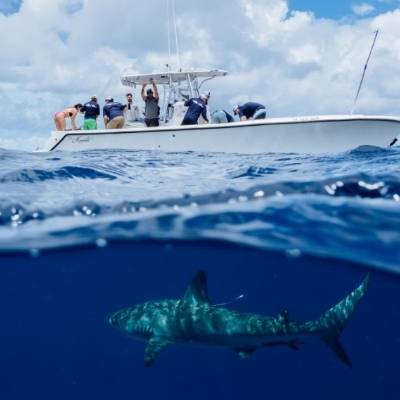
At-Sea Opportunities
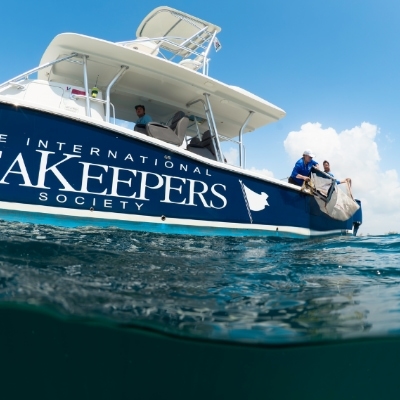
Citizen Science Opportunities
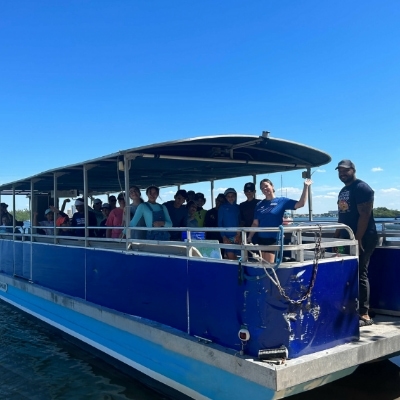
Education Opportunities
